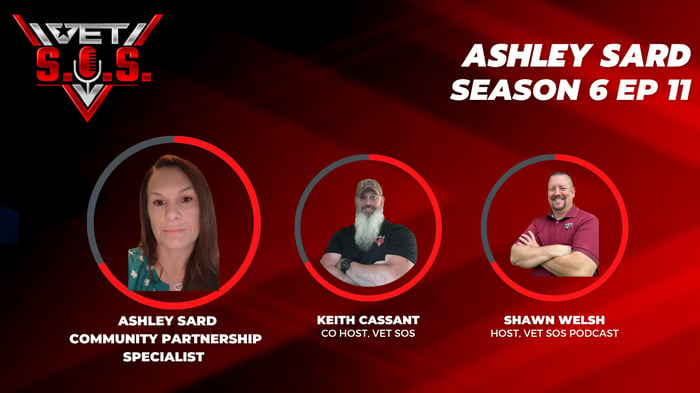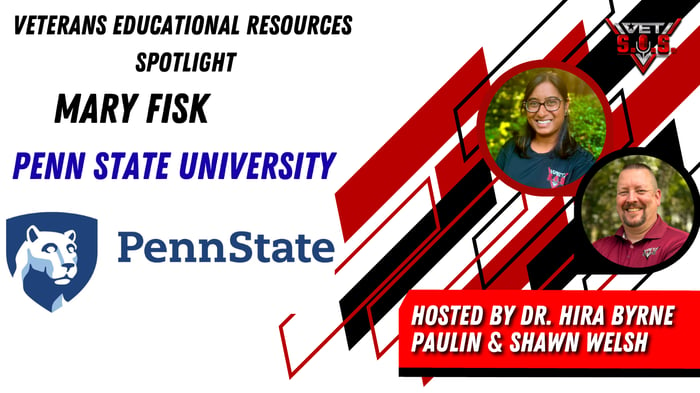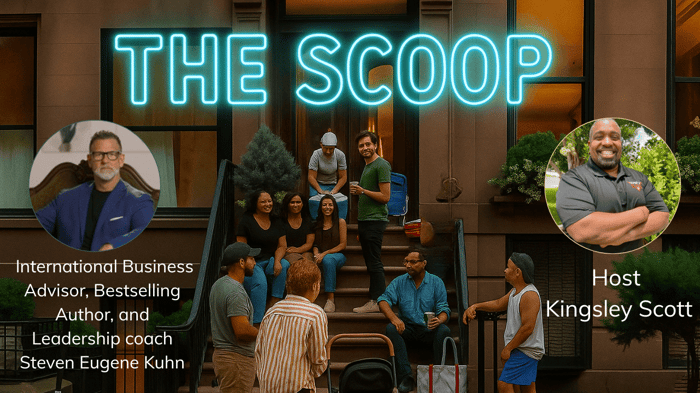Veteran Advocacy in Action: A Story of Service, Support, and Second Chances
When we think about veteran advocacy, images of legislative hearings or community rallies may come to mind. But real advocacy happens every day—in quiet conversations, compassionate services, and small acts of recognition that affirm a veteran’s worth. For Ashley Sard, an Air Force veteran turned Community Partnership Specialist at Empath Health, veteran advocacy is more than a mission. It’s a calling.
From overcoming the challenges of medical retirement to becoming a champion for women veterans and end-of-life dignity, Ashley’s story is a testament to what advocacy looks like in action.
A Military Career Interrupted: The Unexpected Path to Advocacy
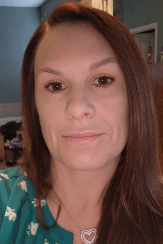 Ashley Sard
Ashley SardAshley Sard served with distinction as a medic in the U.S. Air Force for 15 years. Her military journey, shaped by a deep sense of duty and compassion, took her across the world, from Okinawa to MacDill Air Force Base in Tampa, Florida. But her time in uniform was cut short due to serious health issues that forced her into a medical retirement—a transition she never anticipated.
“I didn’t want to stop. I’ve never been someone who could just sit back. I needed to find a way to continue serving, even if it wasn’t in uniform,” Ashley shared.
The reality of her military transition was jarring. With her husband still on active duty and no clear career path in sight, Ashley faced financial strain, emotional upheaval, and the frustration of job rejection—even after tirelessly networking and distributing resumes in person.
This experience would become a critical foundation for her veteran advocacy work later on. She understood firsthand what it felt like to fall through the cracks.
From IT Trainer to Veteran Advocate
Ashley eventually landed a contract IT role at MacDill AFB, leveraging her experience in training healthcare professionals on electronic medical records. Though the job offered stability, it didn’t provide the sense of belonging or purpose she had experienced in the military. She stayed four years, but when the contract ended, Ashley knew it was time for a new mission.
Her breakthrough came when she joined the Women Veterans Program at the VA. What began as a program support assistant role turned into a deep passion for veteran advocacy, especially on behalf of female service members.
“Most people didn’t even know there was a Women Veterans Program. I made it my mission to change that.”
Ashley spearheaded outreach efforts, educated women about their benefits, and helped grow the program to serve hundreds of women—many of them young, recently transitioned veterans navigating pregnancy and motherhood without the support systems they once had on active duty.
In Hillsborough County alone, she discovered over 14,000 women veterans—a number that stunned her. These were not just statistics; they were women with unique healthcare, mental wellness, and family planning needs that were often overlooked in traditional VA services.
This work solidified her identity as a veteran advocate and further sharpened her understanding of the systemic gaps affecting military-connected women.
Embracing a New Calling at Empath Health
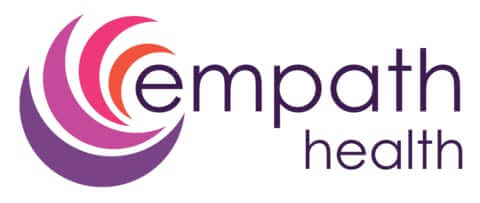 In May 2025, Ashley stepped into her current role at Empath Health, one of the nation’s largest nonprofit healthcare organizations specializing in hospice and palliative care. Though she left the VA behind, she brought her advocacy spirit with her.
In May 2025, Ashley stepped into her current role at Empath Health, one of the nation’s largest nonprofit healthcare organizations specializing in hospice and palliative care. Though she left the VA behind, she brought her advocacy spirit with her.
Empath Health serves people with chronic and advanced illnesses throughout Florida. But what makes the organization special, Ashley explains, is its unwavering commitment to veteran advocacy.
“They don’t just serve veterans—they honor them. They meet veterans where they are—emotionally, physically, spiritually.”
Her work now includes:
Organizing veteran pinning ceremonies as part of the We Honor Veterans initiative
Connecting veterans with end-of-life resources tailored to PTSD, MST, and military grief
Educating families about VA benefits, burial arrangements, and will preparation
Mobilizing services to rural or underserved areas in Florida
Ashley coordinates these efforts for Hillsborough County, while her colleagues like Carlos serve other regions, ensuring statewide coverage. Together, they make sure that veterans—especially those nearing the end of life—receive the respect, connection, and services they deserve.
Personalized Veteran Recognition: The Power of the Pin
One of the most meaningful programs Ashley oversees is the veteran pinning ceremony. Unlike traditional thank-you notes or medals, these ceremonies are deeply personal and emotional. Veterans are pinned by other veterans and presented with a certificate of appreciation, followed by a salute.
“We pinned nearly 80 women veterans on National Women Veterans Recognition Day. For many of them, it was the first time they felt truly seen.”
These events aren’t limited to hospice patients. They’re held at community events, veteran social clubs, and even bedside for patients who are near the end of life. Families often attend, sometimes traveling from out of state to witness a final moment of honor for their loved one.
Ashley recalls a Vietnam-era woman veteran who hadn’t spoken to anyone in decades—until she connected with one of Empath’s veteran volunteers. That connection led to her first conversation in years and, ultimately, a ceremony surrounded by her family. That’s veteran advocacy in its most human form.
End-of-Life Advocacy: Serving Veterans with Dignity
Beyond ceremonies, Ashley’s work at Empath Health extends into complex conversations around palliative care, hospice, and grief support. Many veterans, especially those with combat trauma or PTSD, are reluctant to accept help—or even acknowledge they need it.
Ashley works to break down those barriers through:
Education sessions with caregivers
Lighthearted social events (including laughter yoga and music) to build trust
Providing resources for children and family members dealing with grief
Offering veteran-to-veteran companionship through volunteers
Coordinating care that supports both independence and dignity
She emphasizes that palliative care isn’t “giving up,” but rather advocating for quality of life. This philosophy reflects her belief that veteran advocacy includes preparing veterans and their families for difficult moments—before they become crises.
Collaboration with the VA and Community Partners
Empath Health doesn't operate in a vacuum. Ashley regularly partners with the James A. Haley VA Medical Center, Bay Pines VA, and local veteran service organizations to ensure holistic care.
Whether it’s filing a claim, arranging transportation, or connecting with mental health services, Ashley ensures that veteran advocacy includes collaboration—not competition—with other agencies.
“Empath Health doesn’t claim to be the expert in everything. But they’re committed to making sure veterans are connected to whoever can help.”
Why Veteran Advocacy Matters
At its core, veteran advocacy is about visibility, dignity, and connection. It means showing up for veterans when they’re most vulnerable and creating spaces where their service is acknowledged—even decades later.
Ashley Sard’s journey is not just inspiring; it’s instructive. She turned her own medical separation and uncertainty into a platform to elevate others. Today, she’s not just a veteran—she’s a voice for those who can’t speak, a guide for those navigating transition, and a heart for those facing the end.
Final Thoughts
Veteran advocacy doesn’t have to be big and loud. Sometimes it’s in the quiet presence of someone who understands, a pin gently placed on a lapel, or a phone call in the middle of the night from someone who “gets it.”
In every role—Air Force medic, VA program assistant, and now Empath Health advocate—Ashley Sard exemplifies what it means to serve beyond the uniform. Through her work, she reminds us that veteran advocacy isn’t just a career—it’s a legacy.
